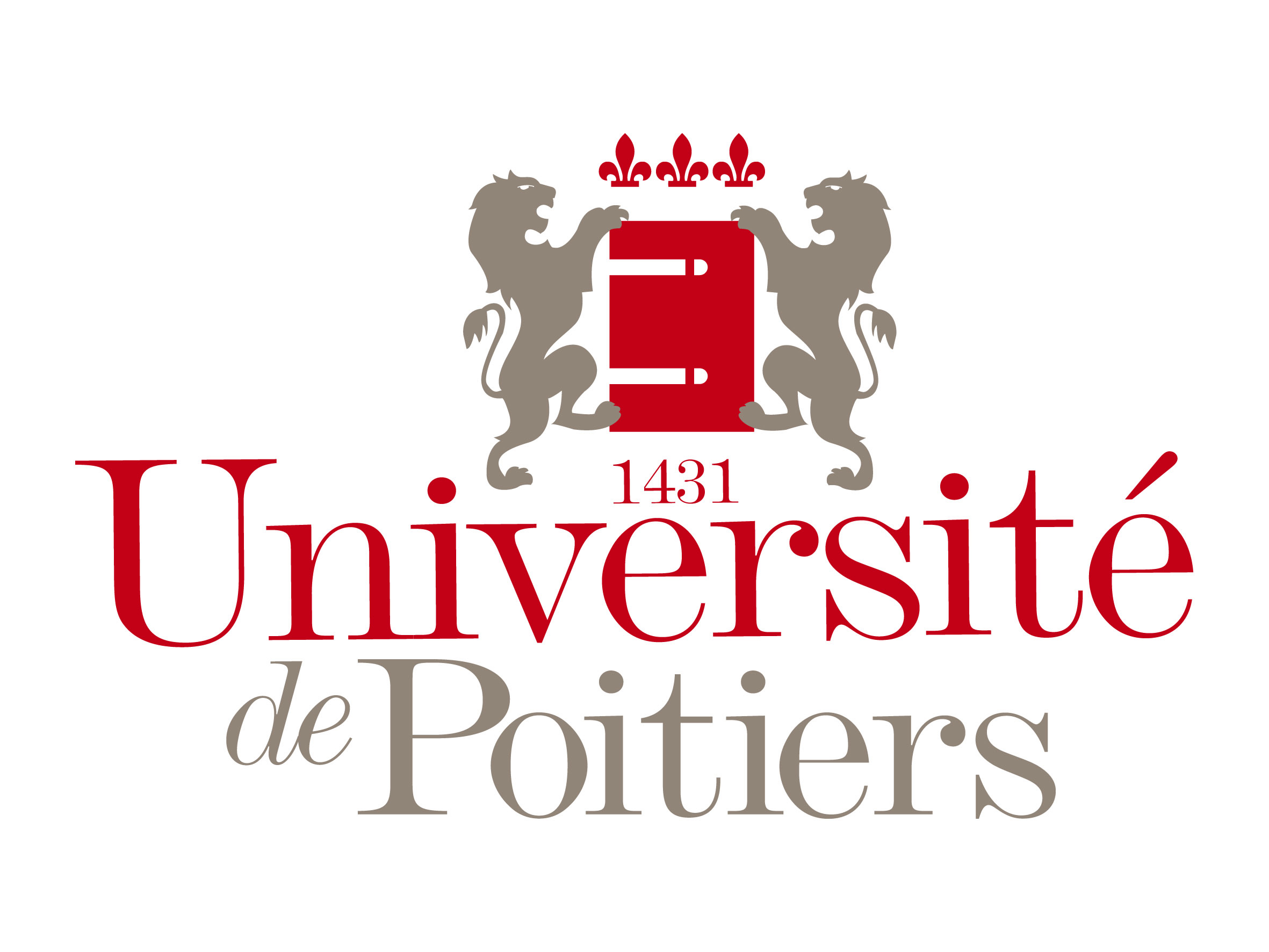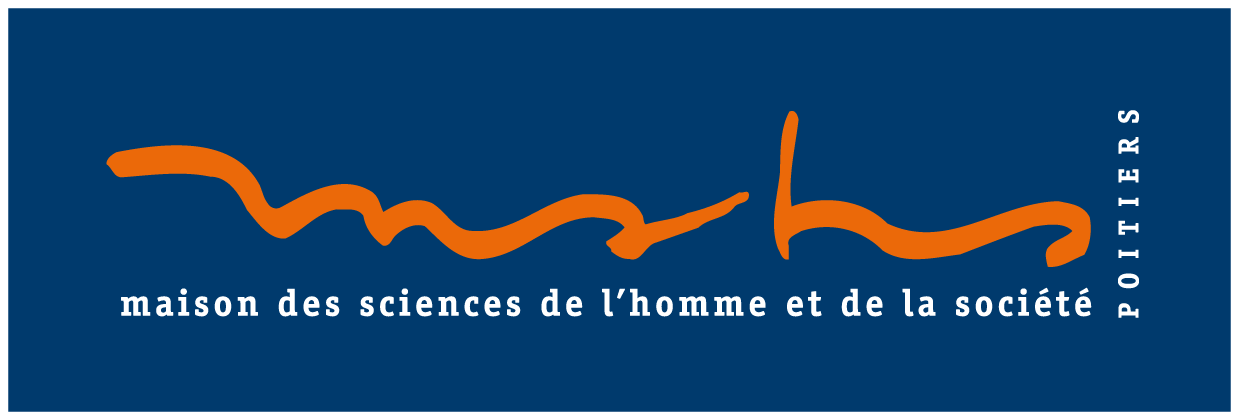Should a central bank react to food inflation? Evidence from an estimated model for Chile
Résumé
We examine whether food price shocks are a major source of macroeconomic fluctuations. We estimate a small open economy DSGE model using an alternative Taylor rule applied to Chilean data. The empirical evidence suggests that food inflation played a non-trivial role in shaping Chile's de facto monetary policy actions. Consistent with its commitment to price stability, the central bank increases the policy rate in reaction to food inflation. Despite an immediate monetary policy reaction to a food price shock, the policy rate gradually tapers off. This is due to a second-round effect on non-food inflation propagated by the food price shock. A main finding is that monetary policy that targets headline inflation is welfare improving.
Domaines
Economies et finances
Loading...



